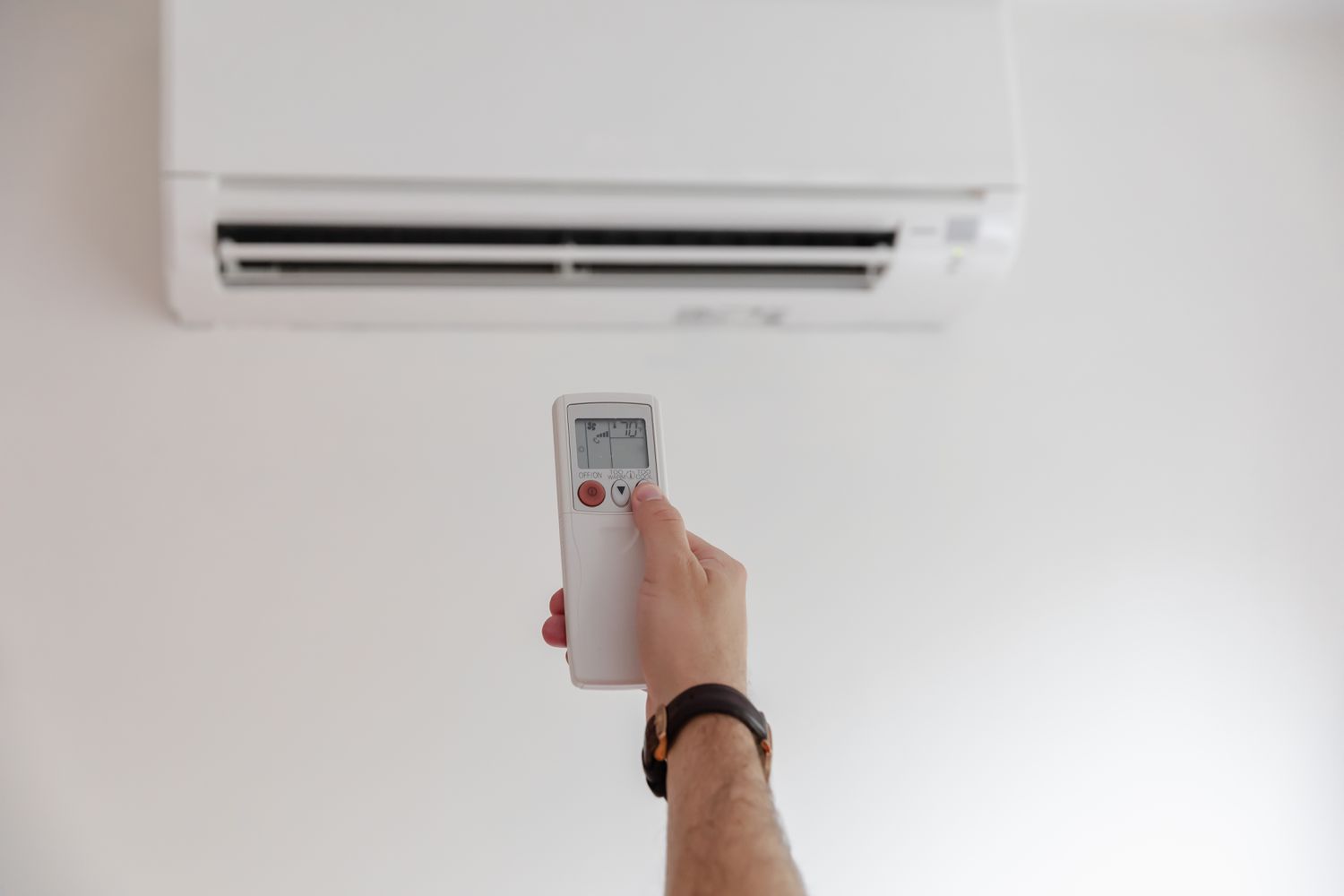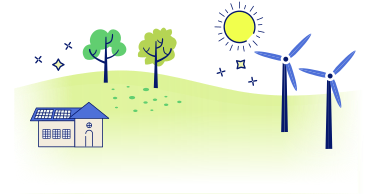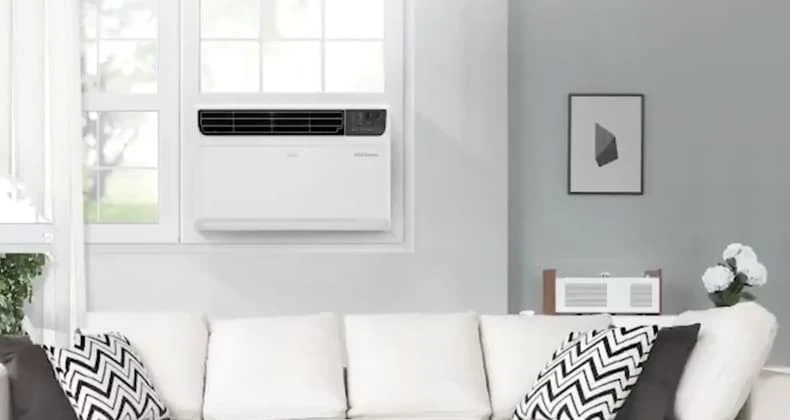Warmer weather always has us thinking, what is a good temperature for AC? If you’re looking to save on energy, 78 degrees is the best temperature for your air conditioning. With that being said, you can still see some significant savings with the AC set at 72 degrees or higher.
If you’d like to learn more about the best temperature for AC, then keep reading!
The Energy Professor Electricity Rate Check Tool
What’s the Best Temperature for AC?

According to the Department of Energy, in 2024 the best temp for AC is 78° Fahrenheit during summer months when you are home and awake. While this is what the DoE determines as the ideal temperature for AC, it may feel too warm and uncomfortable for you. If you have an air conditioner in your home, you may have wondered what temperature is best to keep you cool and still have your money.
We recommend anywhere between 72°-78° F as the standard temperature for your AC to be on in the summer.
What’s the Best AC Temperature for Sleeping?
At night or when you’re away, you should set your AC to 82°F if you want to see a big decrease in your electric bill. We suggest keeping your AC running, as it takes more energy for it to turn on and off – therefore, setting it higher at night and turning on a ceiling fan is a better energy-saving option. There are even options for a smart HVAC system to put your AC on a schedule, or to turn your AC up or down when you’re away to have even more control over your usage.
Related Post: How Much Does it Cost to Run an Air Conditioner?
Tips for Keeping House Cool with AC
When summer temperatures start to soar, many people reach for their air conditioning units to stay cool. Now knowing the ideal temperature for AC, let’s go over some other helpful tips to keep you cool. With the optimal AC temp of 78°F, it may feel too warm for some. However, there are several effective ways to keep your house cool without relying on air conditioning.
Cooler Temps for AC Tips and Tricks
- Close blinds to keep the sun out during the day
- Use ceiling fans to circulate air
- Close doors to rooms you aren’t using to keep cool air where you need it most
- Change your lightbulbs to LED so they don’t produce a lot of heat
- Open windows on cooler nights and shut AC units off when not needed
- Weatherstrip doors and windows to keep out hot air
- Try to use fewer heat appliances like stoves and ovens
By making changes like the ones above to your home, you may see a change in your electric bill. Relying on just air conditioning to cool your house is a big mistake for homeowners and will cost you a lot of money.
Related Post: Why is My Electric Bill So High in the Summer?
What Should You Set Your Air Conditioner On FAQ


